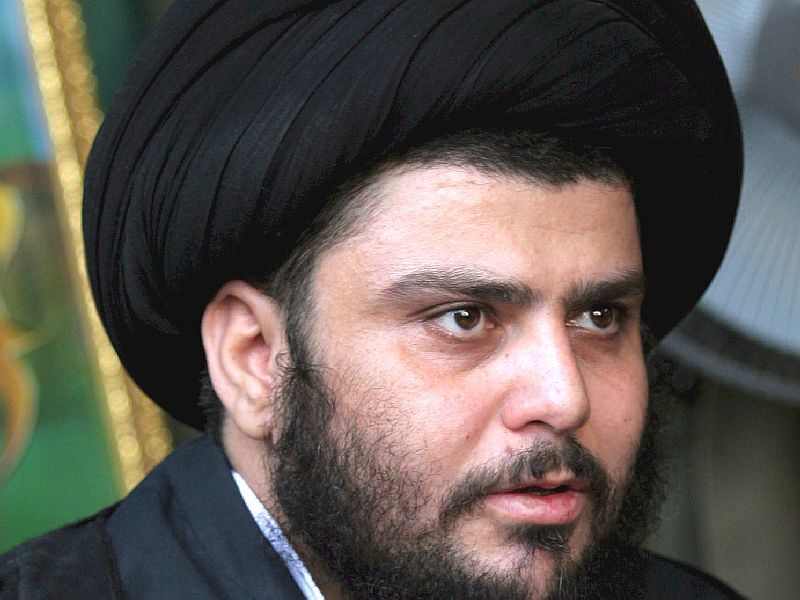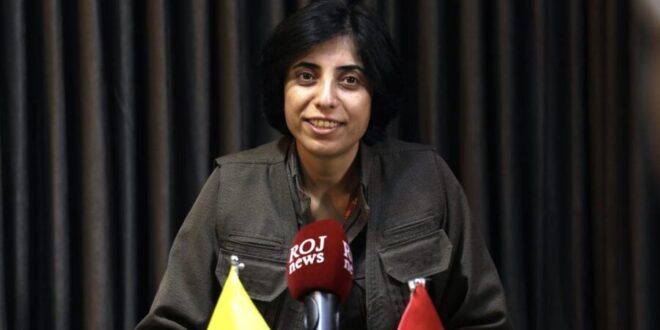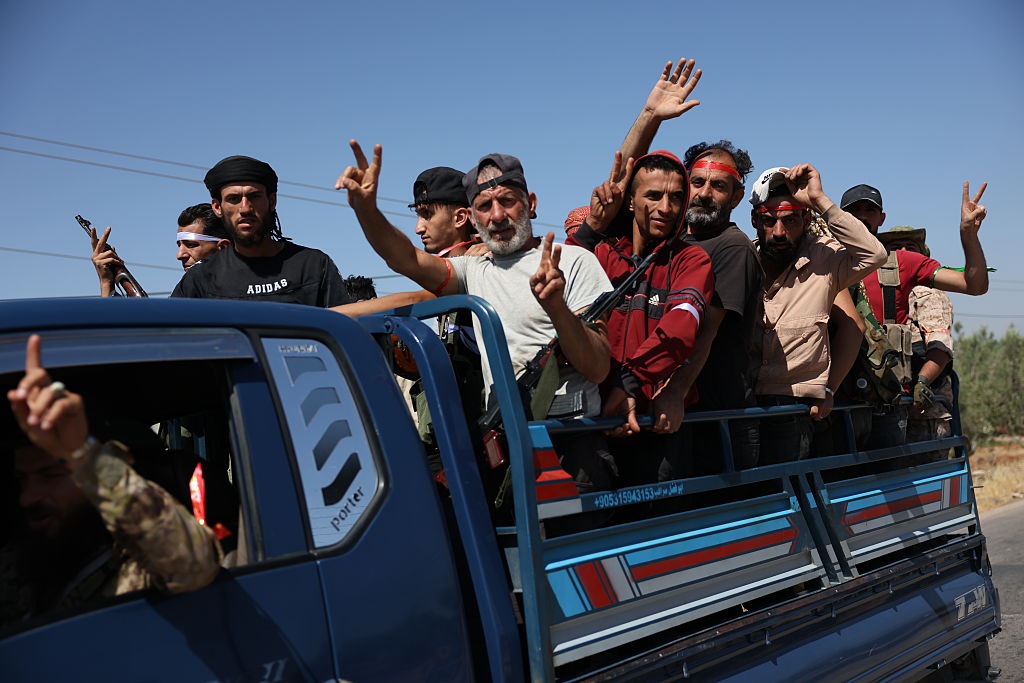
Iraq’s Muqtada al-Sadr Seeks Regional Influence with Visit to Ankara
Iraq’s Muqtada al-Sadr Seeks Regional Influence with Visit to Ankara
Muqtada al-Sadr, the young Iraqi Shi’a cleric who has been studying to become an Ayatollah in the Iranian city of Qom since 2007, recently visited Turkey in a trip whose purpose is reported to have been a series of talks on Iraqi-Turkish security issues (al-Jazeera, May 2; IRNA, May 4). The discussions between al-Sadr and Turkish Prime Minister Tayyip Recep Erdogan and Turkish President Abdullah Gul revolved mainly around the Kirkuk dispute, particularly the ethnic conflict between Shi’a Turkmen, Kurds and Sunni Arabs. The latter were encouraged to move to the city by Saddam in the 1980’s in order to attenuate Kurdish influence in the oil-rich region (Press TV [Tehran], May 4; Azzaman [Baghdad], May 4; Fars News [Tehran], May 4).
Although hardly his first visit to one of Iraq’s neighbors, al-Sadr’s latest trip takes place amidst a renewed surge of violence in Iraq and ongoing political rivalry between centralist and federalist factions fighting over the political and administrative structure of the country. The main source of conflict is a planned constitutional referendum, which would determine whether the Arab-dominated government of Baghdad or the Kurdish Regional Government (KRG) of northern Iraq will assume control over Kirkuk. From the Kurdish side, Iraqi President (and ethnic Kurd) Jalal al-Talabani has announced that the Kurds will not give up their bid for control of the disputed oil region of Kirkuk (Azzaman, May 4). Centralist factions, who include both Sunni and Shi’a Arab nationalists, are weary of Baghdad’s loss of territorial authority and the condition of their sectarian-ethnic constituencies in the Kirkuk region, which have seen a decline of influence since Kurds began to return to Kirkuk in 2003.
Given the centrality of the Kirkuk issue to the future of Iraq, al-Sadr is taking advantage of an opportune moment to enhance his legitimacy within the centralist factions that may see his trip to Turkey as a major boost to their cause. Al-Sadr could also be seeking to forge new alliances with regional leaders, like Erdogan, whose interests overlap with al-Sadr’s centralist vision of Iraq and include the protection of the Turkmen population in northern Iraq. In a sense, al-Sadr is not only trying to become a major political player in the faction-ridden parliamentary politics of Baghdad, but also to raise his own profile as a mediator among Iraq’s neighboring countries.
On the domestic front, it appears al-Sadr is becoming more active on the Iraqi political scene. While his annual call for mass demonstrations against U.S. occupation did not attract huge crowds, it did display his popularity among the impoverished sector of the Shi’a community (IRNA, March 29). He even reemerged on the regional scene last month when he defended Lebanese Hezbollah leader Shaykh Hassan Nasrallah against the Egyptian regime, which has accused the Shi’a Hezbollah of orchestrating a coup (IRNA, April 18).
For the most part, al-Sadr’s steady return to the political area may be a result of a weakening of hard-line Iranian control over his activity due to the upcoming presidential election in Iran, which has preoccupied rival conservative factions in Tehran. Since his decision to leave Iraq and continue with his seminary studies in Qom, al-Sadr has sought to achieve the kind of political clout that would eventually enhance his position as both a spiritual and political leader within the Iraqi Shi’a community (see Terrorism Monitor, February 25, 2008). With the victory of Iraq’s Shi’a Prime Minister Nuri al-Maliki in the provincial elections, al-Sadr is now emboldened by a new alliance with the prime minister that he hopes will lead to a political revival (Press TV [Tehran], February 21).
On the streets of Qom, there are rumors that al-Sadr is close to receiving his ijaza (permission to practice ijtihad, or rational judgment), thus making him a mujtahid (scholar of Islamic law), a seminarian’s first step in becoming an Ayatollah. [1] As a Hujjat ul-Islam, a mid-ranking cleric, al-Sadr could have the necessary spiritual authority to return to Iraq as a major religious leader ahead of the upcoming general election in December. As a calculating politician, al-Sadr knows the only way he can revive his political movement, which has been crippled since al-Maliki confronted his Mahdi Army in Basra and al-Sadr City in spring 2008, is with the combined backing of the clerical establishment in Najaf and the Shi’a streets of Baghdad and Iraq’s southern regions.
It remains to be seen if the Sadrist movement will be revitalized in the post-election period, but for now, al-Sadr continues to promote “educational” activities among his newly formed organization, al-Mumahidun, and an end to armed militia activity in his movement (IRNA, March 21; May 4, see also Terrorism Monitor, September 4, 2008). In security terms, this is good news for the stability of Iraq.
Notes:
1. Fieldwork observation, Qom, Iran, April 30, 2009.


